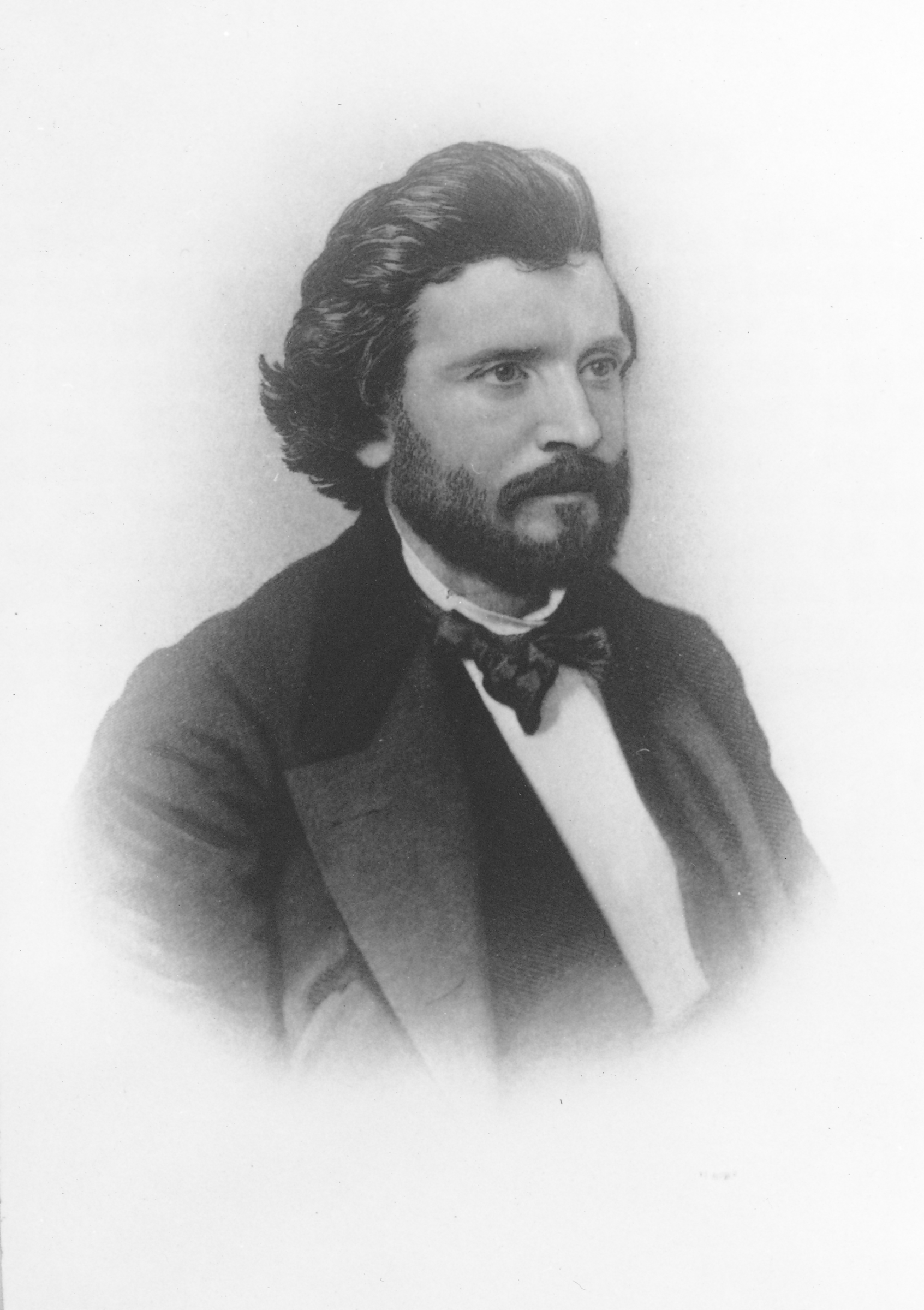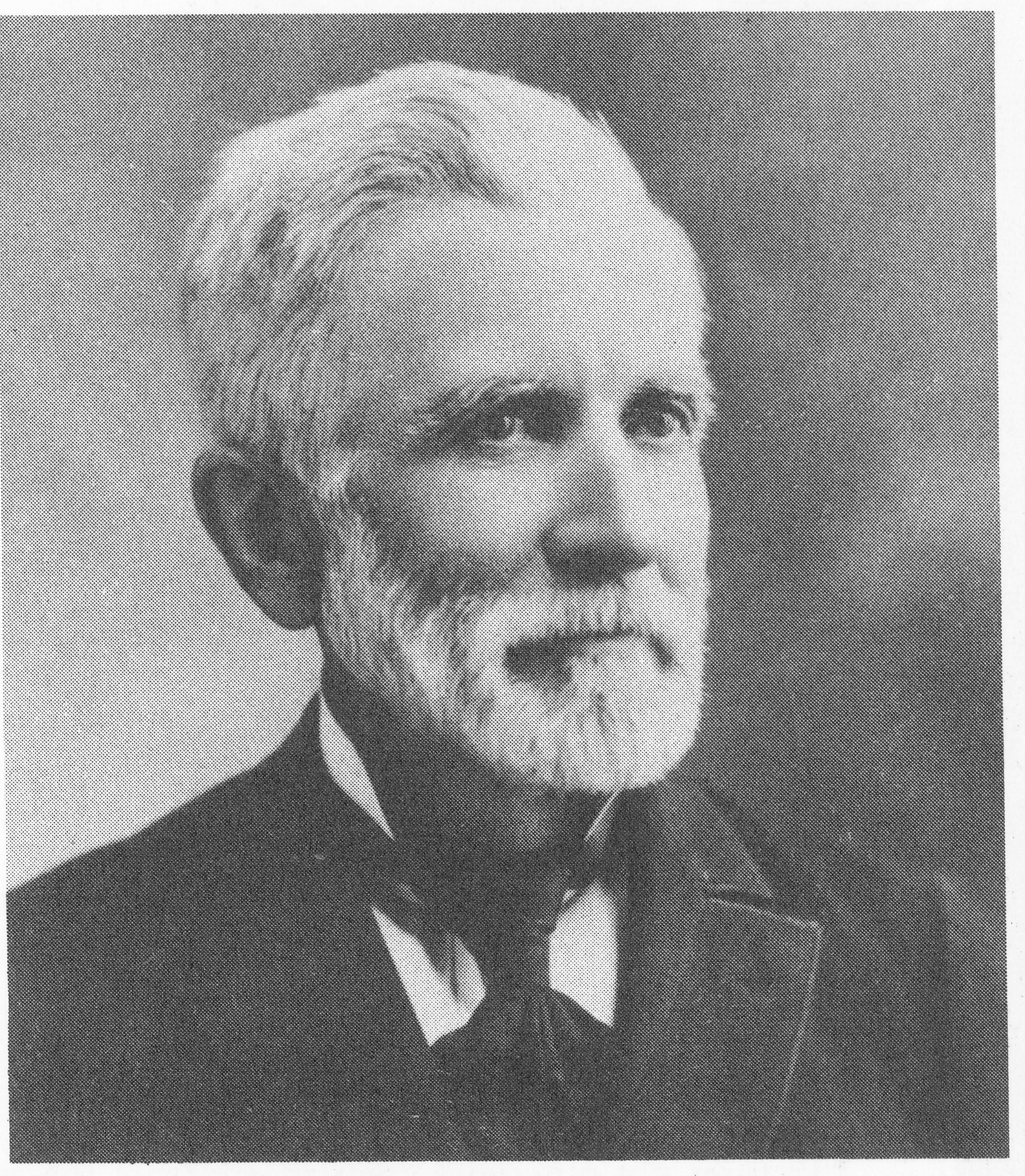“The Horace Mann of the West”
 CTA’s advocacy on behalf of students, public education and the teaching profession runs deep. In fact, it goes back 150 years, to our founder, John Swett. Swett is more than CTA’s founder, he is also known as the founder of public education in California and “the Horace Mann of the West.”
CTA’s advocacy on behalf of students, public education and the teaching profession runs deep. In fact, it goes back 150 years, to our founder, John Swett. Swett is more than CTA’s founder, he is also known as the founder of public education in California and “the Horace Mann of the West.”
As California’s fourth public schools’ superintendent, Swett crusaded for professional standards for teachers, free public schools for all children, teacher control of the profession, better salaries and a school system that was adequately and equitably funded through a state tax. He was also a fervent believer that education was the great equalizer.
“If one state in the union needs a system of free schools more than any other, that State is California. Her population is drawn from all nations. The next generation will be a composite one, made up of the heterogeneous atoms of all nationalities. Nothing can Americanize these chaotic elements and breathe into them the spirit of our institutions but the public schools.”
Swett’s first report to the state Legislature
Swett was fighting the same battles back in the 1860s that educators are fighting today.
Swett didn’t travel to California from Boston to become a teacher. Although he had obtained a teaching certificate in his native New Hampshire, like many young men of the day, he came here for the gold in 1853, and turned to teaching in San Francisco after failing to strike it rich.
Swett became “principal teacher” at Rincon Point grammar school where he added gymnastics and field trips to the curriculum and evening courses for working adults. He recognized the importance of quality teachers in a school and was an early critic of some of the hiring practices. At the time, teachers could only be rehired for the following year by passing a test administered by elected school boards.
According to a California Historian article by the late Diablo Valley College professor Ruth Sutter, “Teachers felt humiliated by questions that seemed to be carelessly posed by ignorant examiners, and felt insulted by the lack of attention to their previous work. The solution to these problems would be to put teachers on the hiring committees and to provide teachers with security or tenure in their jobs.”
Sutter noted that Swett was developing a belief that teachers should be the responsible agents in all things having to do with education. Even then, Swett recognized the need for a teachers’ organization. Addressing teachers in a class instituted by the San Francisco school board, he said,
“Association in some form is the soul of modern progress… Let us organize and work together. Let us make our influence felt in leading public opinion in school affairs.”
Swett ran for state superintendent in 1862, campaigning for professional standards for teachers and free schools. The superintendent’s race was also tied up in national issues of the day, and Swett received the backing of the Union Party, which supported President Lincoln’s administration and preservation of the United States.
After traveling around the state visiting schools as superintendent, he convened the California Educational Society in 1863, which was the forerunner of the California Teachers Association. At that meeting the teachers also agreed to establish a journal of education, California Teacher, which Swett co-edited and used to advocate for curriculum development, professional standards and salaries.
By 1864, he convinced the Legislature to increase state funding for schools through taxes, and to require local districts to keep schools open five months a year. When the Legislature called for budget cuts in 1865, he criticized wealthy citizens for crusading against taxes. It was an uphill battle, but by 1867, Swett was able to report that “for the first time in the history of the state, every public school was made entirely free for every child to enter.”
After failing to win a re-election bid for superintendent in 1867, Swett became known among educators across the country and in 1872, delivered an address at a teachers’ convention that inspired a teacher tenure law.
 Swett remained in education for 42 years, returning to teaching in San Francisco and later serving as trustee in local school districts, on the state education commission and as a trustee of the state Normal School (teaching college) in San Jose. He traveled to the East Coast for national education association meetings and to maintain contacts with educators and historians of education.
Swett remained in education for 42 years, returning to teaching in San Francisco and later serving as trustee in local school districts, on the state education commission and as a trustee of the state Normal School (teaching college) in San Jose. He traveled to the East Coast for national education association meetings and to maintain contacts with educators and historians of education.
CTA continues Swett’s legacy and honors him with the annual John Swett Awards for Media Excellence, which recognizes selected media professionals for their outstanding coverage of education.

